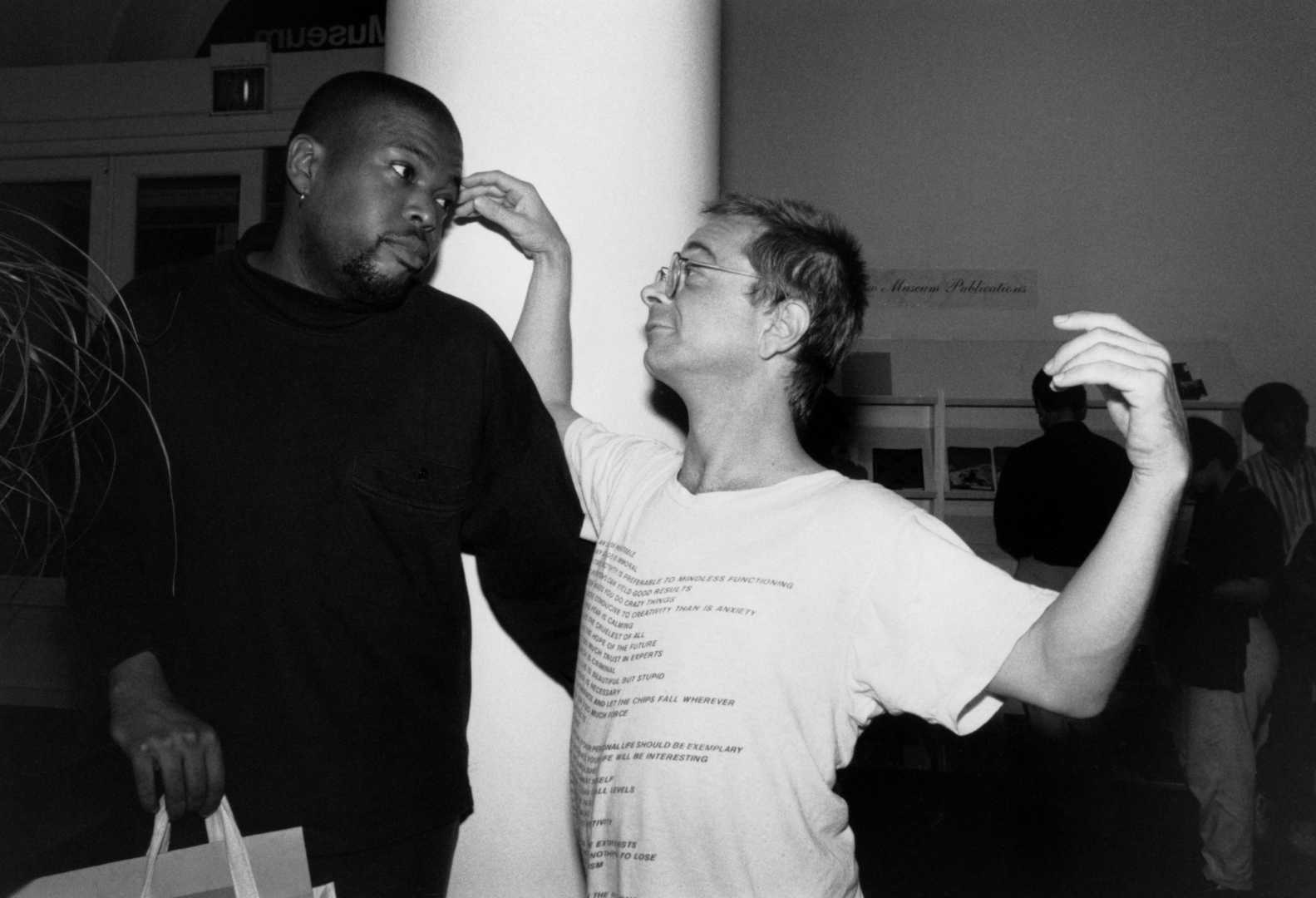News
Gary Indiana, Prolific Novelist and Art Critic, Passes Away at 74

Gary Indiana, a renowned American novelist, playwright, critic, and artist, has passed away at the age of 74 after a long battle with cancer. Born in Derry, New Hampshire, in 1950 as Gary Hoisington, he later adopted the surname Indiana, a move interpreted by some as a nod to the artist Robert Indiana.
Indiana made his mark in the literary and art worlds, particularly during his tenure as the art critic for The Village Voice in the 1980s. His writing was characterized by its stark, acerbic prose and a unique blend of journalistic acumen and literary flair. His debut novel, “Horse Crazy” (1989), set against the backdrop of the emerging AIDS crisis, significantly raised his profile and established him as a voice of the Downtown avant-garde.
Throughout his career, Indiana wrote 15 works of fiction, including a true crime trilogy consisting of “Resentment: A Comedy” (1997), “Three Month Fever: The Andrew Cunanan Story” (1999), and “Depraved Indifference” (2001). His work often explored the complexities of desire and the illusions inherent in erotic pursuits, as seen in his novel “Horse Crazy” and other writings.
Indiana’s influence extended beyond literature; he was also a significant figure in the East Village art scene of the 1980s. He starred in Michel Auder‘s 1981 film “A Coupla White Faggots Sitting Around Talking” and produced provocative video works. His art criticism, collected in the volume “Vile Days” (2018), offered a candid and often critical perspective on the art world of that era.
In his later years, Indiana shifted his focus from art criticism to personal essays and political writing, contributing to publications such as Artforum, Vice, and various boutique literary websites. His memoir, “I Can Give You Anything But Love,” was published in 2015, and his final fiction essay, “Five O’Clock Somewhere,” was released by Granta, reflecting on the unglamorous processes and psychological tolls of aging.
Indiana’s legacy is marked by his astringent yet deeply compassionate writing style, which continues to resonate with readers. His passing follows that of other notable art critics, Dave Hickey in 2021 and Peter Schjeldahl in 2022, both of whom were also influential voices in the art world.












